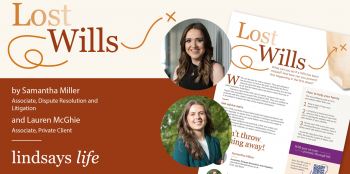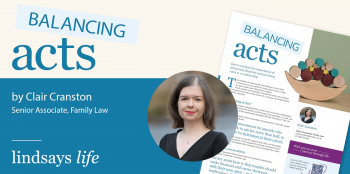This high-profile case involves Kathleen Wyatt launching a claim against her ex-husband for a share of his cash 18 years after they were divorced.
Kathleen Wyatt and Dale Vince married in 1981 and separated a few years later, but didn’t divorce until 1992. They had one son together and he is now grown-up. They lived a “New Age” traveller lifestyle while they were together. Several years after the divorce Mr Vince founded an energy company, Ecotricity, which is now a multi-million pound business. They both started new relationships and had more children.
In 2010 Ms Wyatt launched her claim for financial support. He said that her claim should be thrown out because it came far too late and that, in any event, neither of them had had any assets while they were married.
The Supreme Court has disagreed and has allowed her claim to go ahead. That’s not to say that she will be awarded anything at the end of the day, but it does underline the fact that, in England, divorce might not mean a clean break. The court has ruled that because there is no time limit for financial claims, and no financial order was made when the parties divorced, there is nothing to stop Ms Wyatt from pursuing her claim.
Scottish divorce law is separate and very different from English law, something which isn’t often picked up by the press.
In Scotland it is technically possible for an ex-spouse to claim maintenance after divorce, but only in very limited circumstances, and only maintenance, not a capital payment or a share of assets. However, the vast majority of couples here do finalise all financial claims before they divorce. Settlements are almost always final, in the sense that the spouses agree that they won’t make any further claims against one another in the future. So, here at least, a clean break is just that, and someone who is fortunate enough to accumulate wealth after divorce can be assured that their ex can’t claim a share of that wealth years down the line.
Actually, the whole principle of a clean break on divorce is much more important in Scottish divorce law than English. This case gives those in England (or more likely their lawyers) pause for thought – they need to make sure that all financial matters are finalised at the time of divorce if they don’t want the issue to come back and bite them many years down the line. Those in Scotland needn’t be worried about that.
If you’d like any more information about the differences between Scottish and English divorce law, or any other aspect of family law please contact a member of our Family Team for advice.








